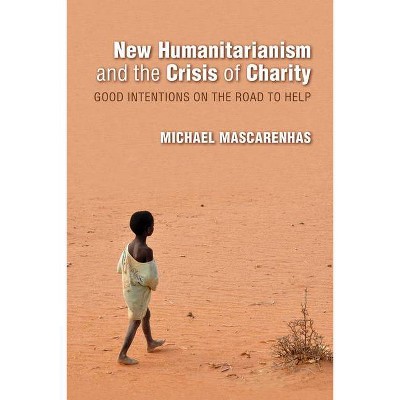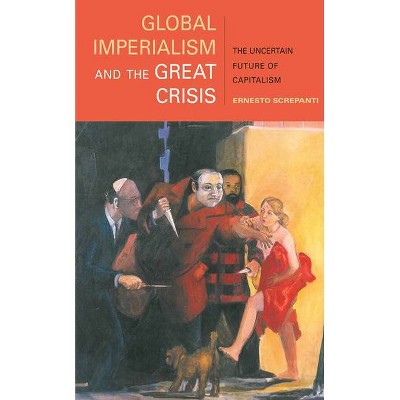New Humanitarianism and the Crisis of Charity - (Framing the Global) by Michael Mascarenhas (Hardcover)

Similar Products
Products of same category from the store
AllProduct info
<p/><br></br><p><b> About the Book </b></p></br></br>Mascarenhas analyzes the complex web of agreements --both formal and informal--that are made between businesses, governments, and aid organizations, as well as the contradictions that arise when capitalism meets humanitarianism.<p/><br></br><p><b> Book Synopsis </b></p></br></br><p>Soaring poverty levels and 24-hour media coverage of global disasters have caused a surge in the number of international non-governmental organizations that address suffering on a massive scale. But how are these new global networks transforming the politics and power dynamics of humanitarian policy and practice? In <i>New Humanitarianism and the Crisis of Charity</i>, Michael Mascarenhas considers that issue using water management projects in India and Rwanda as case studies. Mascarenhas analyzes the complex web of agreements --both formal and informal--that are made between businesses, governments, and aid organizations, as well as the contradictions that arise when capitalism meets humanitarianism.</p><p/><br></br><p><b> Review Quotes </b></p></br></br><br><p><em>New Humanitarianism</em> would be an excellent addition to courses on development, inequality, public policy, and globalization, and it could (maybe should) be read by an audience beyond sociologists.</p></p>-- "American Journal of Sociology"<br><p/><br></br><p><b> About the Author </b></p></br></br><p>Michael Mascarenhas is Associate Professor in the Science and Technology Studies Department at Rensselaer Polytechnic Institute. He is author of <i>Where the Waters Divide: Neoliberalism, White Privilege, and Environmental Racism in Canada</i> and a Framing the Global fellow. </p>
Price History
Price Archive shows prices from various stores, lets you see history and find the cheapest. There is no actual sale on the website. For all support, inquiry and suggestion messagescommunication@pricearchive.us


















